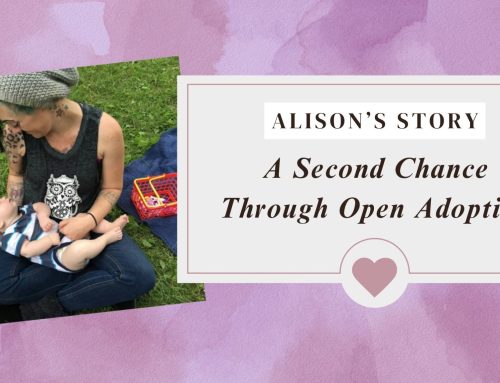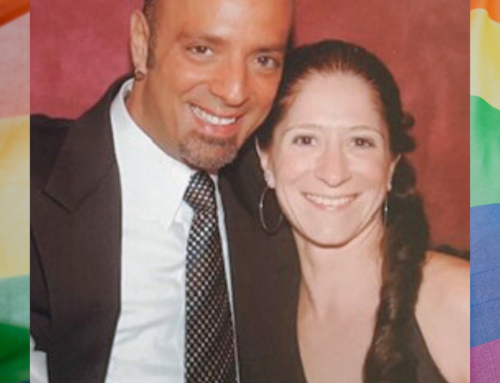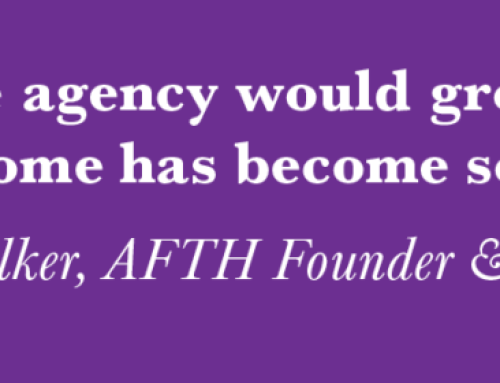Spread the Knowledge about Racial Bias and Inequality
It is not enough to simply say you are against racial discrimination; those who are truly against such injustices must take action. Take some time to review what you know about inequality and possibly your own privilege.
Scholar and activist, Peggy McIntosh, published an essay titled “White Privilege: Unpacking the Invisible Knapsack”. The article outlined the benefits she received from her privilege as a white person. Over 30 years later, this list still stands as an accurate depiction of white privilege.
Once you have a better understanding, you can actively participate in the fight against inequality.
Some ways to combat racial bias are:
- Speaking up when you hear or see racism in action
- Not assuming it the responsibility of People of Color to educate you
- Searching for credible resources on the history of systemic racism
- Sharing educational resources with family, friends, and on social media
Listen to Black Adoptee Stories
Adoptees are the triad members most impacted by adoption. They often experience a sense of loss from being placed instead of being raised by their birth parents. These emotions can be heightened even further with transracial adoptions. With such adoptions, not only does the adoptee experience loss in connection to their birth parents but to their ethnic community as well. Be sure to listen to and validate their concerns. Be supportive of a potential desire to seek out experiences and relationships from their ethnic background.
If you are a transracial adoptive parent, be open and encouraging of conversations about race. Carli Glen, an AFTH adoptee, was raised by white parents who openly embraced her heritage. When speaking of her parents, Carli noted, “They always acknowledged our culture in a positive way. They celebrated it, and I think that opened up more doors for conversation as we grew older.”
When listening to adoptee stories, be sure to look for those who have been adopted intraracially as well. To support the Black community, we must strive to amplify all voices in the community. Black children raised by black adoptive parents have valuable information to share, having first-hand knowledge of the impact of being raised by members of their birth culture.
Speak Out Against the Savior Complex
The common savior narrative in society is damaging. As previously mentioned, adoptees may experience feelings of loss. It is unfair to assume they must “grateful” for their adoption and act accordingly. Adoptees are navigating the impact of the circumstances that preceded their birth. Their emotions as a result of such circumstances are completely valid.
Counter the Savior Complex by sharing the stories of adoptees. An increasing number of adoptees, especially transracial ones, are coming forward with their perspectives. Sharing these stories along with using proper adoption language can change the narrative in the adoption community.
Support Black Adoptive and Birth Parents
Recognizing the unique experiences of Black adoptive parents is imperative. Some myths perpetuate the idea that people of color do not adopt. So much so that organizations such as, Yes We Adopt, were created as a resource for Black people interested in adoption or fostering.
Acknowledge the restrictions to adopt rooted in white socioeconomic privilege. Advocate for resources and social change that create equal opportunities for prospective parents of all racial backgrounds to adopt.
Historically, racial disparities have impacted:
- Access to quality healthcare
- Educational and employment opportunities
- Housing and ability to obtain fair lending
Encouraging this type of change is important because Black birth parents often wish they had more prospective parents from their race to choose from. The events of this past year have heightened birth parents’ concern for their children, especially those who have placed transracially. Having a more diverse list of families to choose from gives birth parents a greater chance to place within their cultural background. Placing within their race can close the gap in giving the adoptee a greater sense of self and connection to their heritage.
Check out these articles to learn more:
The Complexity of Transracially Adopting Black Children
Participants of AFTHtv’s Black Voices within Adoption reflect on Their Experience




